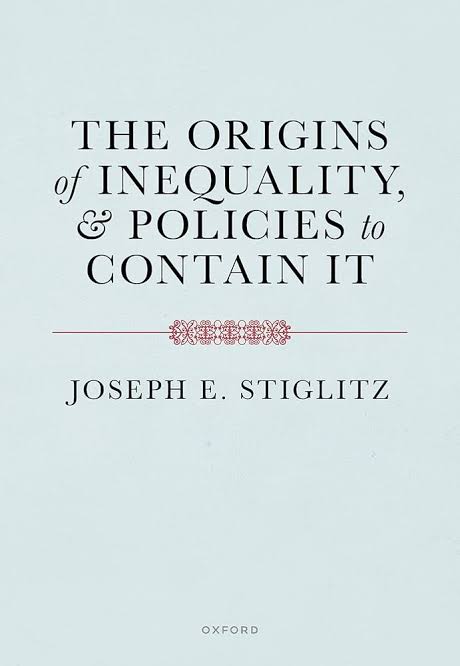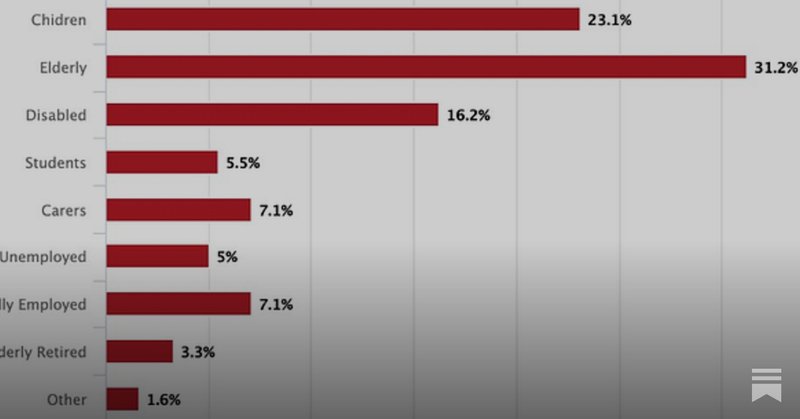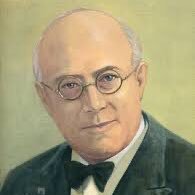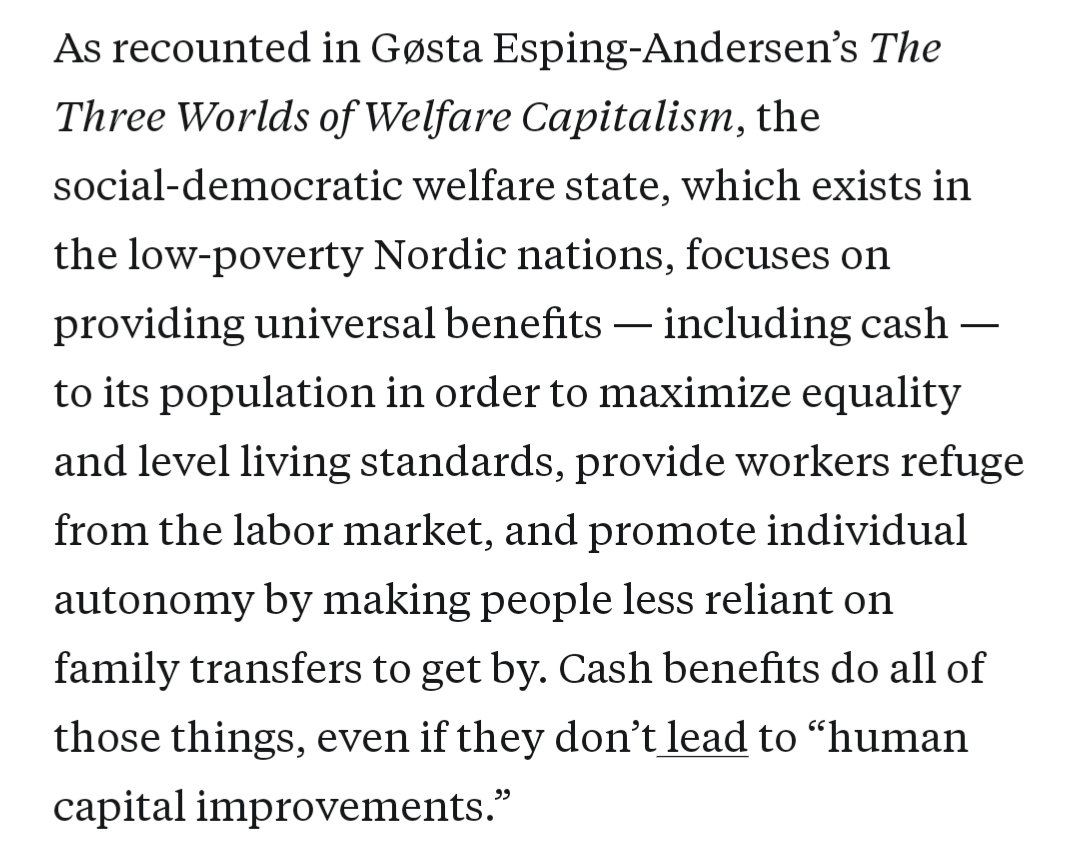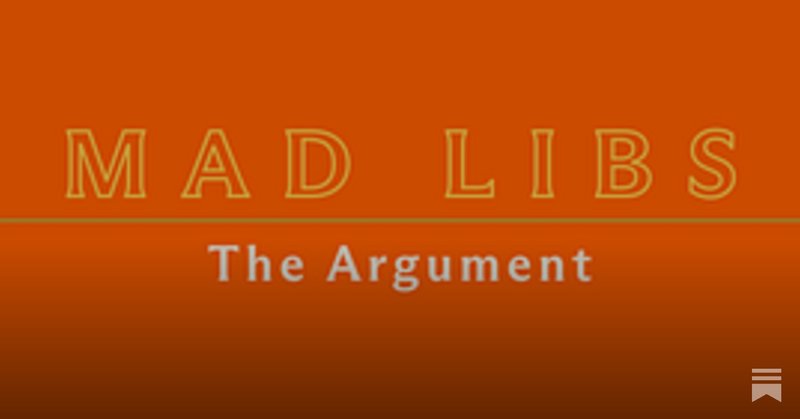
Michael Thrower Chowdhury
@BevansAdvocate
Followers
26K
Following
3K
Media
3K
Statuses
5K
he/him | Australian economist living in Sydney | Views expressed are my own | https://t.co/BNSDfrTpvz | https://t.co/DxkGSmolRp
Joined January 2020
My Books Threads: Thread.A few folks have asked if I could consolidate the lists I've made and pin them so here goes. 1) Best books on Economic Inequality.
Best books on Economic Inequality. 1) Inequality - Tony Atkinson. Absolutely THE book on inequality and what can be done about it. Atkinson was a giant in the profession and this book reflects this, the length-insights ratio of this book is amazing.
20
248
1K
There should be more books like this. This accessible and informative work by @natashakimiz's examines how countries around the world have solved problems from healthcare to drug reform. Great for broadening your horizons to the fact that things can in fact, be better.
0
18
152
To build on this, here is Lane Kenworthy showing that almost all of rising income for the bottom 10% of households has been driven by government transfers. This makes sense when you consider poverty as largely a function of those unable to work in the paid economy.
I don't think we should expect the welfare state to reduce pre-transfer poverty (that is to say, poverty before taking into account welfare), and we shouldn't be particularly bothered by that. To get at why, it's helpful to take a look at who is in pre-transfer poverty (thread)
0
15
72
RT @jdcmedlock: I don't think we should expect the welfare state to reduce pre-transfer poverty (that is to say, poverty before taking into….
0
165
0
To simplify, I'd say the question s.is "is this a poor people problem or a general problem?" and if the former, then yes usually cash transfers are good. Universal healthcare systems for instance, while redistributive in effect is just a more effective way to run healthcare.
@BevansAdvocate Does that mean all poverty-reduction programs should be replaced with cash transfers so recipients can exercise their own preferences? Or are there some programs that are better per dollar than cash transfers? And how can we know without measuring specific outcomes?.
1
1
8
. @MattBruenig hits it on the head here. The welfare state is not equivalent to development econ, which focuses on intervention and human capital effects. Welfare states, particularly in the Nordics, are rather built on principles of egalitarianism, solidarity and autonomy.
1
18
206
Given the recent Bruenig - Piper debate, and particularly Bruenig's defence of the strong universalist welfare state. Here's some good readings on the welfare state
We said no subtweeting and @MattBruenig and @KelseyTuoc took that seriously. Read them duke it out:
1
66
475
RT @JerusalemDemsas: We said no subtweeting and @MattBruenig and @KelseyTuoc took that seriously. Read them duke it out: .
theargumentmag.com
No subtweeting allowed...
0
18
0
This is an important point. It is often wrongly assumed that the only function of the welfare state is redistribution to the poor. It does do this, but its social insurance role does things markets alone just can't. Here's a good book by Barr on these roles
Yea, I think a Milton Friedman style replacement of the welfare state with pure cash looks particularly unappealing. But while cash transfers don't solve every problem, they do solve the issue of not having cash, which is one of many key issues the welfare state should address.
1
34
241




